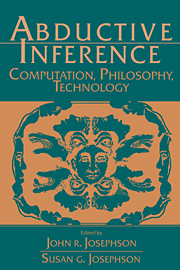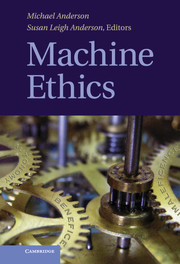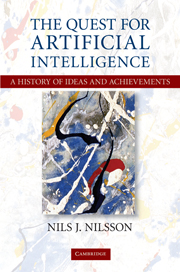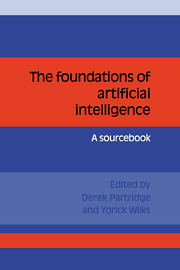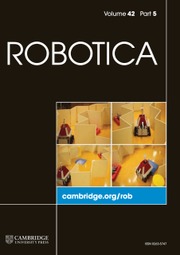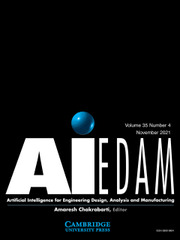Abductive Inference
This book is about abduction, 'the logic of Sherlock Holmes', and about how some kinds of abductive reasoning can be programmed in a computer. The work brings together Artificial Intelligence and philosophy of science and is rich with implications for other areas such as, psychology, medical informatics, and linguistics. It also has subtle implications for evidence evaluation in areas such as accident investigation, confirmation of scientific theories, law, diagnosis, and financial auditing. The book is about certainty and the logico-computational foundations of knowledge; it is about inference in perception, reasoning strategies, and building expert systems.
- Analyses abduction as an information-processing phenomenon
- The work brings together artificial intelligence and philosophy of science and is rich with implications for other areas
Reviews & endorsements
"This book breaks new ground in the scientific, philosophical, and technological study of abduction." Peirce Project Newsletter
Product details
August 1996Paperback
9780521575454
320 pages
227 × 152 × 16 mm
0.434kg
59 b/w illus.
Available
Table of Contents
- Introduction
- 1. Conceptual analysis of abduction: what is abduction?
- 2. Knowledge-based systems and the science of AI:
- 3. Two RED systems
- 4. Generalizing the control strategy
- 5. More kinds of knowledge: TIPS and PATHEX/LIVER TIPS
- 6. Better task analysis, better strategy
- 7. Computational complexity of abduction
- 8. Diagnostic systems MDX2 and QUADS
- 9. Practical abduction
- 10. Perception and language understanding
- Appendices.

